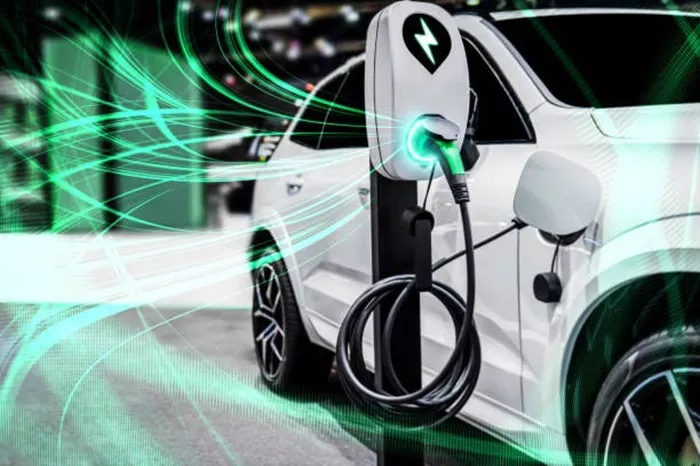European auto stocks are facing unprecedented investor aversion, with many reducing their exposure even as the industry’s challenges have driven valuations near record lows. Normally, such low valuations would attract buyers, but the current landscape is markedly different.
Disappointing Performance in the Market
The STOXX 600 Autos and Parts index has emerged as one of the worst performers this year. Analysts anticipate a significant earnings drop of 13.6% in 2024, a stark contrast to the post-pandemic period when supply chain disruptions allowed carmakers to increase prices. Investors are now concerned that substantial cost-cutting measures are unavoidable, driven by a combination of a complex technological shift, fierce competition from Chinese automakers, and increasingly price-sensitive consumers.
Cost Cuts and Competition
Economies of scale are becoming crucial, particularly for mass-market brands like Volkswagen. The company is currently in conflict with trade unions over plans to shut down factories in Germany, a move influenced by competition from China and escalating labor and energy costs. Currently, European auto stocks are trading at a near-record 60% discount compared to the broader pan-European STOXX 600 index on a price-to-earnings basis. Despite this, a recent Bank of America survey revealed that autos remain the most underweighted sector among regional fund managers overseeing $284 billion.
Potential for Further Declines
Rolf Ganter, head CIO for European equities at UBS Global Wealth Management, highlighted a “toxic cocktail” of issues plaguing the sector: weakness in China, declining prices, stagnant volume growth, and rising labor costs. He warns that these conditions could easily lead to a further 10-20% drop in stock prices if the situation worsens. “Valuations are really cheap, but we’re not pushing the sector at all,” he added.
Major Automakers Hit Hard
Shares of major automakers, including Volkswagen, BMW, Mercedes-Benz, Renault, and Stellantis, have plummeted by as much as 29-50% from their peaks this year, reaching multi-month and even multi-year lows. Gilles Guibout, head of European equity strategy at AXA Investment Managers, noted that the Western auto industry is grappling with the competitive advantage held by Chinese manufacturers, alongside a shift in consumer spending habits regarding electric vehicles (EVs).
Declining Sales and Profit Warnings
European Union car sales plummeted more than 18% in August compared to the previous year, with fully electric vehicle sales dropping a staggering 44%, particularly in Germany and France, the largest EV markets in the bloc. Andreas Bruckner, an investment strategist at Bank of America, suggests that profit warnings could become commonplace, implying that it may not be the right time to invest in the auto sector.
Scaling Back Electrification Plans
The cooling demand for electric vehicles has prompted several major automakers to reassess their electrification strategies. For instance, Volvo Cars recently abandoned its goal of becoming entirely electric by 2030. Carlo Franchini, head of institutional clients at Banca Ifigest, emphasized that the auto sector is not a favorable bet right now, advising reduced exposure as families seem less inclined to prioritize car purchases.
Risks of Pulling Back
However, a retreat from electrification poses its own risks. Renault’s CEO, Luca de Meo, warned that European carmakers exceeding EU carbon emission limits in 2025 could face nearly $20 billion in fines, especially in light of the declining demand for EVs. Furthermore, the sector finds itself entangled in a trade dispute between the EU and China, with the former imposing tariffs on imported Chinese-made EVs due to claims of excessive subsidies to Chinese manufacturers.
Uncertain Future and Value Traps
The potential return of former U.S. President Donald Trump could reignite trade tensions with China, complicating matters further for European carmakers. Chiara Robba, head of LDI equity at Generali Asset Management, stated that while valuations may seem enticing, they could also represent a value trap in the absence of a recovery. The industry requires comprehensive transformations in supply chains, manufacturing, and recharging infrastructure to bolster mobility and stimulate EV demand.
Conclusion
European auto stocks are currently navigating a turbulent landscape marked by declining sales, competitive pressures, and regulatory challenges. While the allure of low valuations exists, the industry’s fundamental issues suggest a cautious approach for investors. A transformation within the sector is imperative to address these challenges and secure a more stable future for European automakers.
Related Topics:

